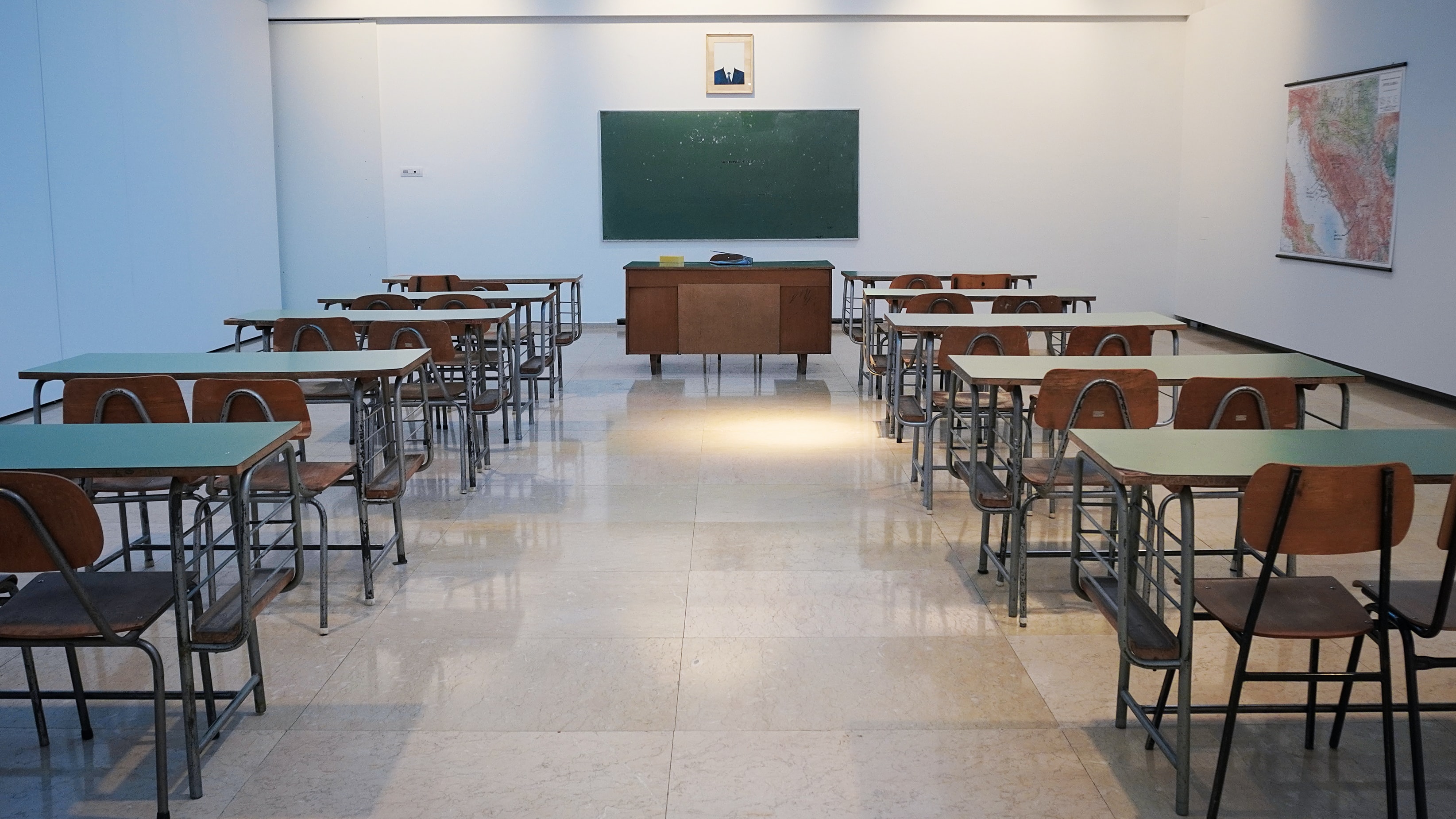On March 10th, we heard that the government had asked all schools to close for a day.
This was a sudden announcement, and it came as a shock to everyone. A day’s closure certainly wasn’t going to stem a raging virus. This was when the coronavirus was not that well understood. I mean, we had all heard of people dying from this virus in China and a few other countries, but the dangers it posed didn’t seem that grave.
The next morning, we heard that some schools had announced closure for the summer. Later the same day, we were told that the government has asked all schools in the state of Karnataka to shut for the summer. Was the situation really that bad? We sent a note to our school parents telling them this, but we did not really have a back up plan.
Given there were still 3 weeks of term left, we announced online classes, without really knowing how we were going to do this. I had run an online school before, albeit briefly, but that was slightly different. The content for that school was produced beforehand and then uploaded. There was neither the time, nor the money to do that now. That school was aimed at adults, while the children at our school were all below 10 years of age. Conducting live sessions was the only answer.
We had so many questions when we first started out:
- Would the preschoolers have the patience to engage with us online?
- How would parents react to the idea of online classes? {what with the fear of screens making us dumber}
- What sort of activities are likely to keep children engaged?
- Is learning really possible online for children as young as 6 and 7?




Leave your comments
Post comment as a guest